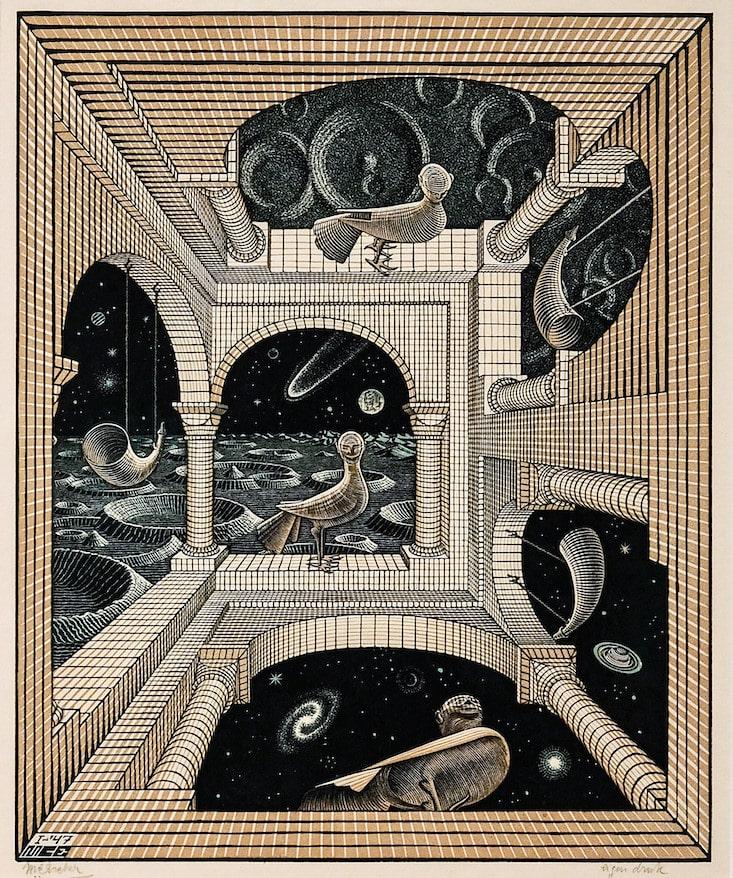In a 2018 Science paper, co-authored with Jacob Bellmund, Christian Doeller, and Edvard Moser—neuroscientists from the Max Planck Institute in Leipzig and the Kavli Institute in Trondheim—Gärdenfors, of the University of Lund, buttressed his idea with recent advances in brain science. He argued that the brain represents concepts in the same way that it represents space and your location, by using the same neural circuitry for the brain’s “inner GPS.”
“Cognitive spaces are a way of thinking about how our brain might organize our knowledge of the world,” Bellmund said. It’s an approach that concerns not only geographical data, but also relationships between objects and experience. “We were intrigued by evidence from many different groups that suggested that the principles of spatial coding in the hippocampus seem to be relevant beyond the realms of just spatial navigation,” Bellmund said. The hippocampus’ place and grid cells, in other words, map not only physical space but conceptual space. It appears that our representation of objects and concepts is very tightly linked with our representation of space.
Gärdenfors’ theory highlights a fruitful path, not only for cognitive scientists, but for neurologists and machine-learning researchers.
